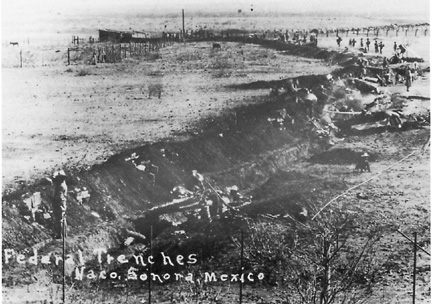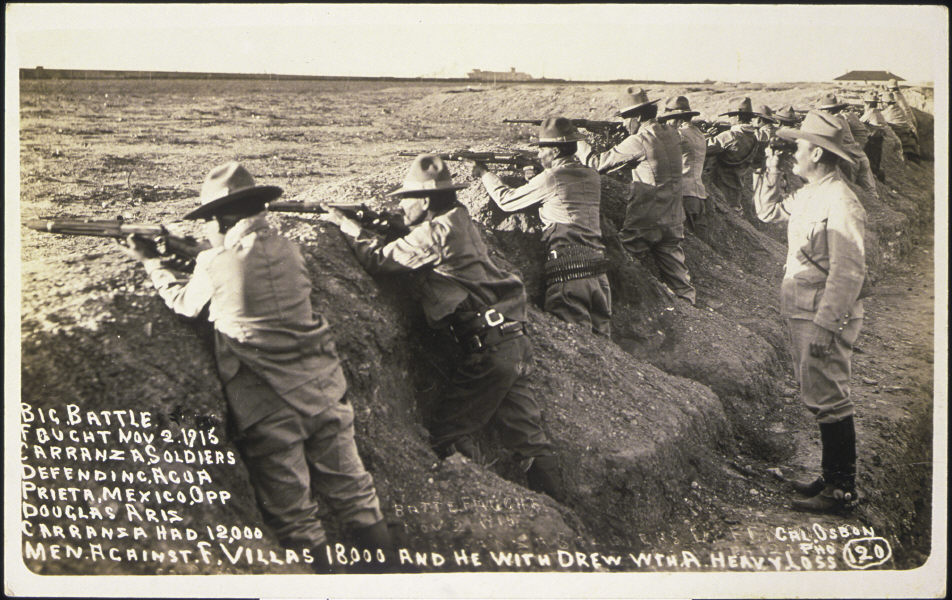Prewar, Germany was receiving about $69,289,775 in exports from the US. Britain and France about $824,860,237.
By 1916 this had gone to Germany $1,159,653 and Britain and France S3,214,480,547.
The US banking system had loaned huge sums to Britain and France to cover their debts and export purchases. The US had nothing to gain by aligning itself with Germany or the Central Powers given that the Allied powers were spending huge sums on war goods from the US and Germany had next to no means to curtail or stop that.
So, unless the US was willing to go to active war and start spending huge sums on a military to pursue that war for gain, something the US typically in the past had been loathe to do outside their immediate borders, Germany was screwed in trying to get a US alliance.
It would have taken the US the better part of a decade of concerted effort to build a navy capable of challenging the Royal Navy at sea, and there was really no guarantee on the part of Germany that the High Seas Fleet would aid the US in taking on the RN on far flung stations were the USN would be fighting the later.
Sure, with say 4 to 6 years of preparation, the US could have demolished most of the British empire, probably, almost certainly taken Canada, and become an even greater colonial, imperialist, power than Britain had, but it wasn't in the American psyche to do that. If it was, Mexico would be part of the US today.



After all, as the above shows, the US was involved heavily in trench warfare along the Mexican border during this period due to the Mexican Revolution. Had the US fully mobilized rather than just defended their border, Mexico was doomed. So, if Germany had gotten the Zimmermann telegram to work, Mexico stood to lose big time.
The US already had plenty of reason to find that diplomatic entreaty extremely hostile as you can plainly see just by the photos presented.